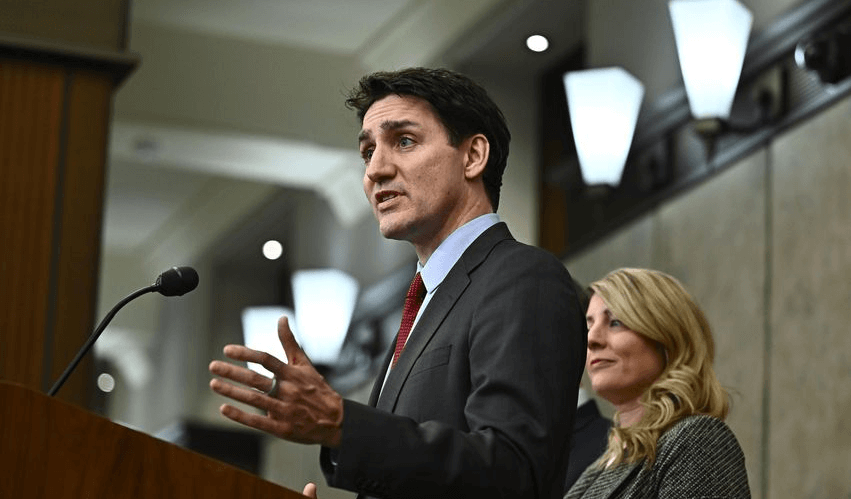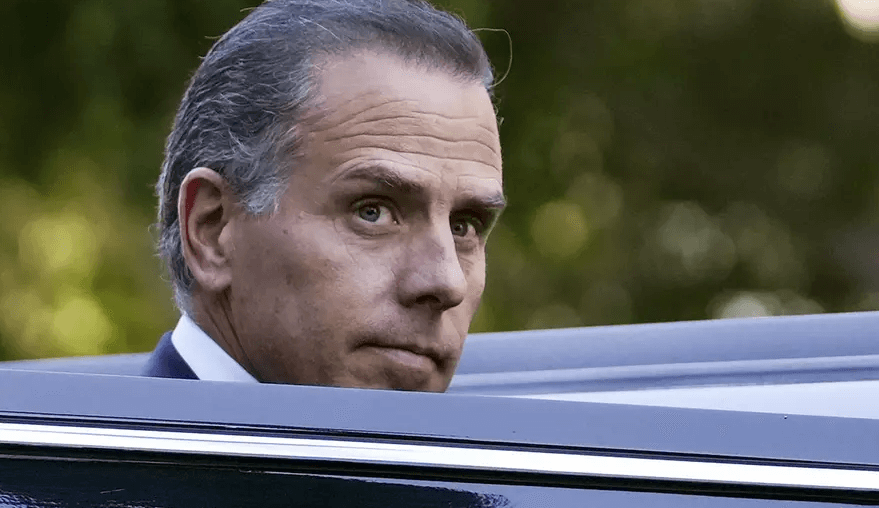In today’s fast-moving and competitive business world, decision-making is the skill that defines the thin line between being a successful entrepreneur and others.
Names like Elon Musk, Jeff Bezos, and Warren Buffett are not only synonymous with billionaires but also with the acuteness and effectiveness of decisions. These high-stake decisions are seldom impulsive but are calculated, strategic, and vision-oriented.
How to Think and Make Decisions Like a Billionaire
The article attempts to describe the type of mindset, strategies, and tools used by these successful entrepreneurs in making decisions that lead to constant growth in value and the billion-dollar achievements of today. Anyone desirous of emulating such businesspeople can learn much from these approaches, which anyone can adopt and then apply in making better decisions that result in more significant outcomes both in business and personal life.
Section 1: The Billionaire Mindset
First, to delve into strategies that these successful entrepreneurs apply, one needs to understand the mental frameworks and philosophies they base their work on. Their decisions come from a mindset with significant beliefs and values that often set them apart.
1. Long-Term Vision and Thinking:
After all, billionaire entrepreneurs rarely make decisions based on immediate rewards. They project forward for years, sometimes decades. It is this kind of long-term focus that produces the patience to see through complicated projects when setbacks occur. Take the case of Jeff Bezos, for instance, who has notoriously sacrificed a series of small profits for long-term growth and enabled Amazon to become the behemoth it is today.
2. High Tolerance for Risk and Failure:
Business intrinsically involves an element of risk; what perhaps sets billionaires apart is how they are able to own up to failure as part of the journey. They do not fear failure but learn from it. Elon Musk’s endeavors with Tesla, SpaceX, and even the early days of PayPal have all involved high-risk decisions that finally pay big dividends.
3. Growth- and Learning-Oriented:
A growth-oriented mindset is essential. Entrepreneurs like Warren Buffett invest an immense amount of time in reading and learning about new areas, market trends, and other variables that decide on changing decision-making. Continuous learning spreads the base of knowledge and helps them adapt to different circumstances.
4. Clear Purpose and Core Values:
Decision-making becomes easier as it is guided by a well-defined purpose and strong values. A sense of mission has them making focused decisions since such decisions align with their larger objectives. Take Sara Blakely, founder of Spanx, whose mission to empower women underpins her business decisions.
Section 2: Key Decision-Making Strategies
To understand the mindset, secondly, one may wonder how billionaire entrepreneurs actually make decisions. They tend to use some practical strategies that would help them consider options effectively and make choices that will advance the business.
1. First Principles Thinking:
First-principles thinking: the practices of breaking complex problems into basic elements and creatively constructing solutions from scratch. This kind of analysis enabled Elon Musk to drastically reduce costs at SpaceX by questioning assumptions about the cost of rocket parts and materials.
2. Cost-Benefit Analysis:
Any decision should present a balance between potential gain and risk. An example of quantifying benefits and disadvantages to make a logical decision is the detailed risk-reward analysis that a billionaire entrepreneur does. It is this analytical approach that has helped him to avoid costly mistakes and to ensure decisions are taken in pursuit of meeting growth goals.
3. Data-Driven Decision Making with Room for Intuition:
Data informs decisions. Mark Zuckerberg and other entrepreneurs at Meta use analytics to find patterns in user behavior and guide product development. Still, they leave some room for intuition or gut feeling because innovation requires more often than not a leap beyond the numbers.
4. The 80/20 Principle:
Sometimes known as the Pareto Principle, this is a strategy that dictates 80% of results come from 20% of efforts. This is how it is used by entrepreneurs to their advantage: they target the most impactful areas of their business. They give priority to the highest-impact activities and decisions that would bring in the biggest value.
5. Scenario Planning and Contingency Preparation:
Billionaires rarely move forward without having a backup plan. Scenario planning allows them to predict how things could go wrong and prepare for all eventualities. That’s how entrepreneurs like Richard Branson bounce back: when things don’t go according to plan, they immediately readjust.
6. Biases Recognition and Cognitive Awareness:
Billionaire entrepreneurs are aware that biases exist and, therefore, try to be conscious in limiting their influence on decisions. They can make decisions in a much more objective way since they know about confirmation bias, anchoring, and overconfidence.
Section 3: Effective Decision Making-Tools and Resources
There exists a number of tools and resources which helps to make data-driven and better-informed decisions. The right application of such tools replicates the strategic advantage billionaire entrepreneurs enjoy.
1. Mind Mapping/Brainstorming Tools:
Other tools, such as Miro and Lucidchart, allow the visualization of ideas, the structuring of thoughts, and the identification of patterns that may not be as clear from more conventional analysis.
2. Financial Modeling Software
Financial modeling software, including Excel, FinModelLab, and specialist business forecasting software, provides the entrepreneur with the ability to develop different financial scenarios, placing decisions onto a sound quantitative footing.
3. SWOT ANALYSIS (Strengths, Weaknesses, Opportunities, Threats) :
This classic framework is widely utilized by successful entrepreneurs in order to think through decisions regarding how to leverage their strengths and mitigate their weaknesses.
4. Project Management Software:
Tools such Asana, Trello, and Monday.com help streamline and prioritize tasks and actions that have the potential to make the biggest difference. By organizing workflows, these systems help you ensure decision making facilitates business goals and momentum.
5. Data Analytics and Machine Learning:
Advanced analytics and machine learning platforms enable entrepreneurs to find patterns in big datasets and predict trends and consumers’ behavior with a great degree of accuracy.
Section 4: Practical Case Studies of Billionaire Decision-Makers
A look at certain specific cases in entrepreneurial giants serves valuable lessons that give insight into decision-making at a billion-dollar level.
1. Jeff Bezos and Amazon’s Customer-Obsessed Culture:
Bezos’ customer-first philosophy has driven Amazon since Day One, and the decision to reinvest those profits into the business, as opposed to seeking immediate shareholder returns, certainly paid dividends in customer loyalty and market dominance.
2. Elon Musk: Big Ventures, First Principles:
Musk harnessed FPT to invest his fortune in SpaceX and risk it all. He broadly reimagined the space industry by challenging traditional notions in an effort to create a far more cost-efficient model for space exploration.
3. Sara Blakely and the “Problem-Solving Product:
Blakely’s entrance into Spanx was a solution to an issue she had been facing. Such a clear understanding of the value proposition of the product allowed her to avoid dilution and stay in control of her brand, focusing her decisions on the needs of the target audience.
4. Warren Buffett’s Value Investopiace:
Buffett’s investment actions tend to be guided by that value investing principle that he waits for the right opportunity and studies and searches around for undervalued companies. And that requires a lot of patience and discipline to be able to wait.
Section 5: How to Put Billionaire Level Decision-making to Work in Your Own Life
You don’t need billions to start making smarter, more effective decisions. By using the above principles and strategies, entrepreneurs of all kinds can do a better job of making quality decisions.
1. Explain Your Own Core Principles:
Start with what is truly important to you. This will help frame your decision and may bring you closer to the long-term objectives.
2. Practice First Principles Thinking:
The next time a tough decision needs to be made, mentally break it down into basic building blocks. Clear your mind of assumptions and solve from the grassroots upwards.
3. Weigh Risks Prudently:
Whenever you make a decision, weigh risks versus rewards. In that way, you can begin to understand your tolerance for risk, which is quite important in making sound decisions.
4. High-Leverage Activities:
Utilize the 80/20 principle to get the most mileage out of a select number of activities that would generate the bulk of the result. That keeps efforts lean and results-focused.
5. Keep Learning and Changing:
Billionaire entrepreneurs are lifetime learners. Be it through reading, networking, or experimentation-lifelong learning is key to it. The more you know, the better prepared you’ll be for coming out with knowledgeable decisions.







Leave a Reply